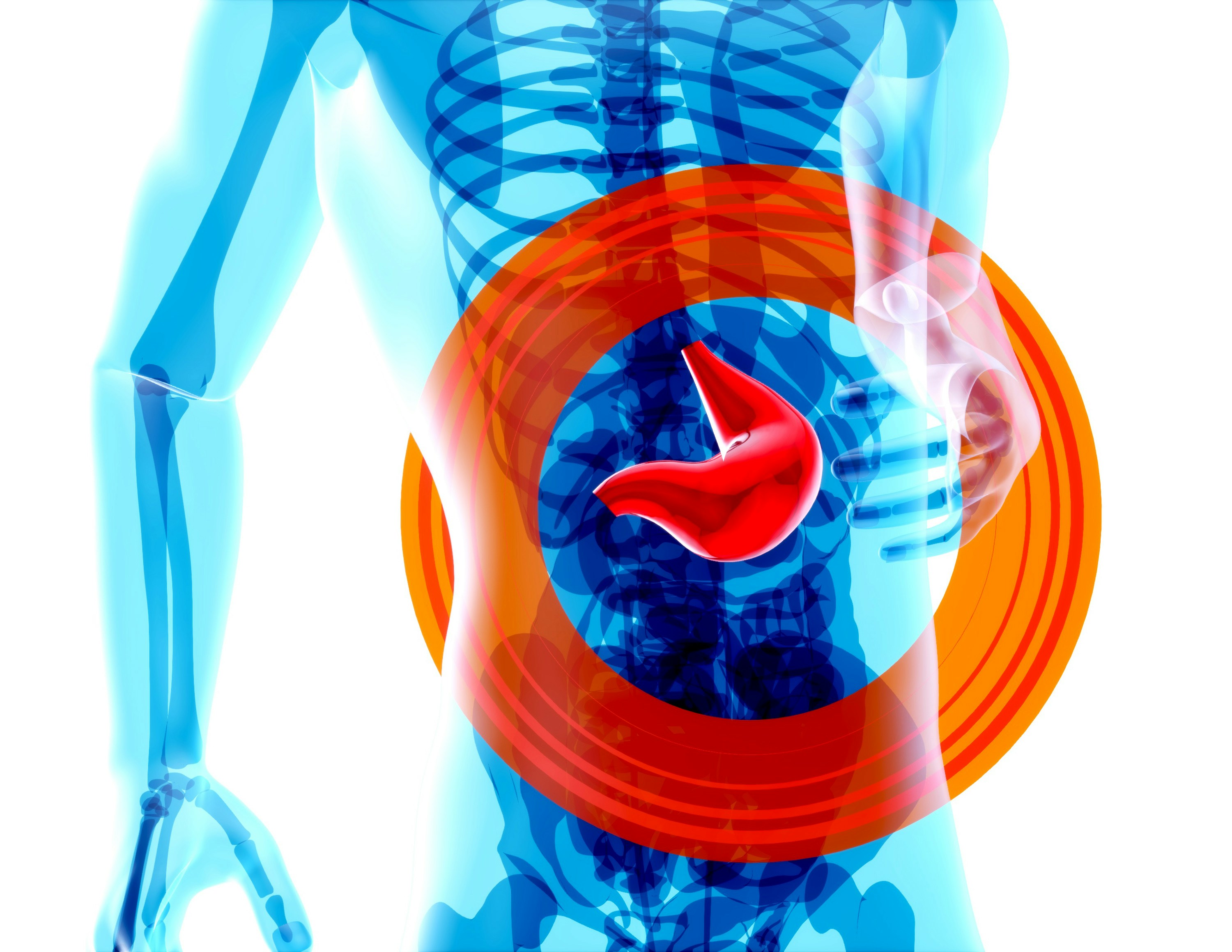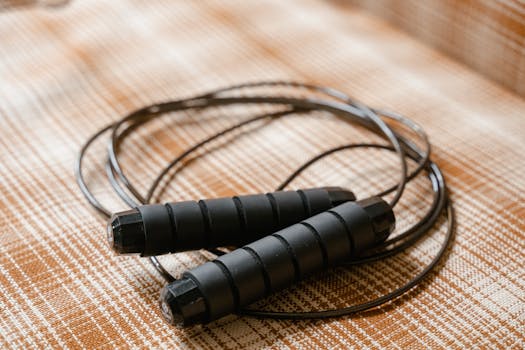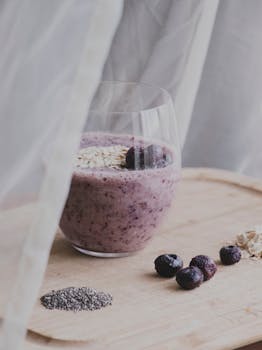Weight Loss with the Best Probiotics for Menopause
Nov 22, 2024
Menopause is a transformative phase in a woman's life, often accompanied by a myriad of physical and emotional changes. One of the most common challenges faced during this transition is weight gain, which can be frustrating and impact overall well-being. While various factors contribute to menopausal weight gain, emerging research suggests that the gut microbiome plays a crucial role. Fortunately, incorporating the right probiotics into your daily routine can be a game-changer in supporting weight management and overall health during this pivotal time.
The Gut-Weight Connection: Understanding the Importance of a Balanced Microbiome
The gut microbiome, a complex ecosystem of trillions of microorganisms residing in our digestive system, has a profound impact on our overall health, including weight management. During menopause, hormonal fluctuations and other physiological changes can disrupt the delicate balance of this microbial community, leading to an imbalance known as dysbiosis. This imbalance can contribute to various health issues, including weight gain, inflammation, and metabolic disorders.

A healthy gut microbiome plays a crucial role in regulating appetite, nutrient absorption, and metabolism. When the microbiome is in balance, beneficial bacteria can help:
Promote feelings of fullness and satiety by influencing the production of hormones like leptin and ghrelin, which regulate appetite.
Enhance nutrient absorption, ensuring that your body can efficiently utilize the nutrients from the foods you consume.
Boost metabolism by increasing the production of short-chain fatty acids, which can aid in fat burning and energy expenditure.
Reduce inflammation, a common issue during menopause that can contribute to weight gain and other health problems.
The Power of Probiotics: Restoring Balance and Supporting Weight Loss
Probiotics, the beneficial live bacteria and yeasts, can play a pivotal role in restoring and maintaining a healthy gut microbiome. By introducing these friendly microorganisms into your system, you can support a balanced gut environment and potentially reap numerous benefits, including weight management during menopause.
While there are numerous probiotic strains available, certain strains have been specifically studied for their potential benefits in supporting weight loss and improving body composition. Here are some of the top probiotics to consider:
Lactobacillus gasseri
Lactobacillus gasseri is a probiotic strain that has garnered significant attention for its potential to support weight loss and improve body composition. Several studies have shown that supplementing with Lactobacillus gasseri can help reduce visceral fat, the dangerous fat that accumulates around the abdominal organs, and promote a healthier waist-to-hip ratio. This probiotic strain may also help regulate appetite hormones, leading to a reduced calorie intake and improved weight management.
Bifidobacterium lactis
Bifidobacterium lactis is another probiotic strain that has been linked to weight management and improved metabolic health. Research suggests that this strain may help regulate appetite hormones, reduce inflammation, and support a healthy gut environment, all of which can contribute to weight loss and overall well-being during menopause.
Lactobacillus rhamnosus
Lactobacillus rhamnosus is a versatile probiotic strain that has been shown to have a positive impact on weight loss, particularly when combined with a calorie-restricted diet. This strain may help reduce inflammation, improve insulin sensitivity, and support a healthy gut microbiome, all of which are important factors in weight management during menopause.
Incorporating Probiotics into Your Daily Routine
To reap the benefits of probiotics for menopause weight loss, it's essential to incorporate them into your daily routine consistently. Here are some tips to help you get started:
Fermented Foods
Fermented foods like yogurt, kefir, sauerkraut, and kimchi are excellent sources of probiotics. Look for products that specifically list the probiotic strains they contain, and aim for a variety of strains for maximum benefit. Additionally, consider incorporating fermented foods into your meals or snacks for a convenient and delicious way to boost your probiotic intake.
Probiotic Supplements
If you find it challenging to consume enough probiotic-rich foods, consider taking a high-quality probiotic supplement. Look for supplements that contain the specific strains mentioned above, such as Lactobacillus gasseri, Bifidobacterium lactis, and Lactobacillus rhamnosus, and have a guaranteed minimum number of live, active cultures. It's essential to follow the manufacturer's instructions for proper storage and usage to ensure the probiotics remain viable.
Combine with a Healthy Diet and Exercise
While probiotics can be a valuable addition to your weight loss journey, they should be combined with a healthy diet and regular exercise for optimal results. Consult with a healthcare professional or a personal trainer to develop a comprehensive plan tailored to your specific needs and goals. A balanced diet rich in whole, nutrient-dense foods, combined with regular physical activity, can support weight management, improve overall health, and enhance the benefits of probiotics.
Addressing Common Concerns and Misconceptions
While the potential benefits of probiotics for menopause weight loss are promising, it's essential to address some common concerns and misconceptions:
Safety and Side Effects
Probiotics are generally considered safe for most individuals when consumed in recommended amounts. However, it's always advisable to consult with a healthcare professional, especially if you have any underlying health conditions or are taking medications. Some individuals may experience mild side effects like gas or bloating when first introducing probiotics, but these symptoms typically subside as your body adjusts.
Effectiveness and Realistic Expectations
While probiotics can be a valuable tool in supporting weight loss during menopause, it's crucial to have realistic expectations. Probiotics alone may not lead to significant weight loss but can be an effective complement to a healthy lifestyle. Additionally, individual responses to probiotics may vary, and it may take some time to notice the benefits.
Addressing the Cardiologist's Warning
Some cardiologists have raised concerns about the potential risks of probiotics, particularly for individuals with compromised immune systems or those undergoing certain medical treatments. While these concerns are valid, it's essential to understand that probiotics are generally safe for most healthy individuals when consumed in appropriate amounts. However, it's always recommended to consult with a healthcare professional before introducing any new supplement, especially if you have underlying health conditions or are taking medications.
Conclusion
Navigating the challenges of menopause, including weight management, can be daunting, but incorporating the right probiotics into your routine can make a significant difference. By supporting a healthy gut microbiome, probiotics like Lactobacillus gasseri, Bifidobacterium lactis, and Lactobacillus rhamnosus can aid in weight loss, reduce inflammation, and promote overall well-being during this transformative phase.
At Getlila, we understand the unique needs of women going through menopause, and our AI-powered personal training solutions are designed to provide personalized guidance and support. Our team of experts can help you develop a comprehensive plan that incorporates the best probiotics, a tailored diet, and an effective exercise routine to help you achieve your weight loss goals and thrive during this transformative time. Get started with Getlila today and unlock your full potential for a healthier, happier you.
Ready to Simplify Weight Loss?
Download the Lila app or visit getlila.com to start your journey. Experience the power of an AI-driven approach designed to adapt to your changing body and unique needs. Embrace holistic weight loss with Lila—because you deserve to feel strong, confident, and truly yourself again.
Disclaimer: This article is for informational purposes only and does not substitute professional medical advice. Consult a healthcare provider for personalized recommendations.
You should not have to do it all on your own











